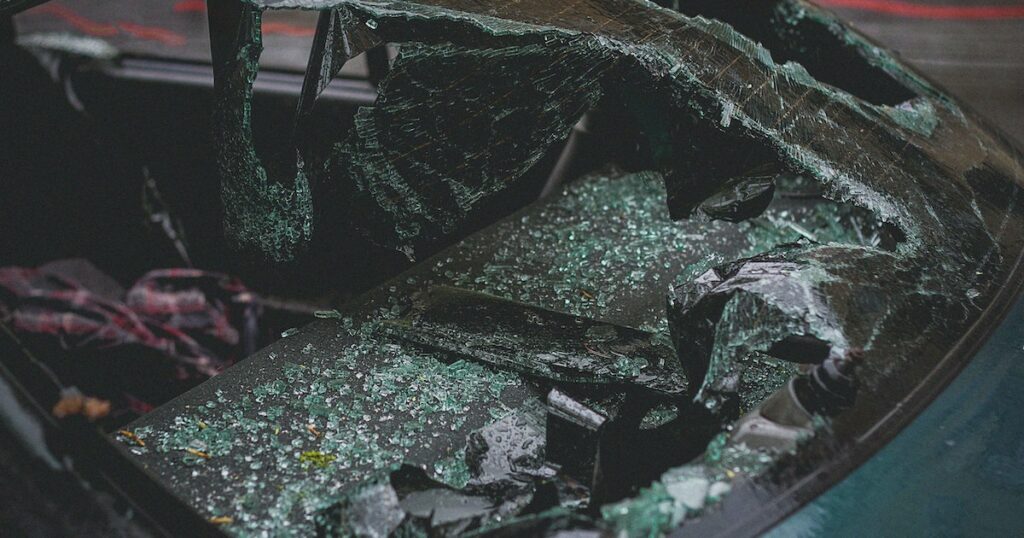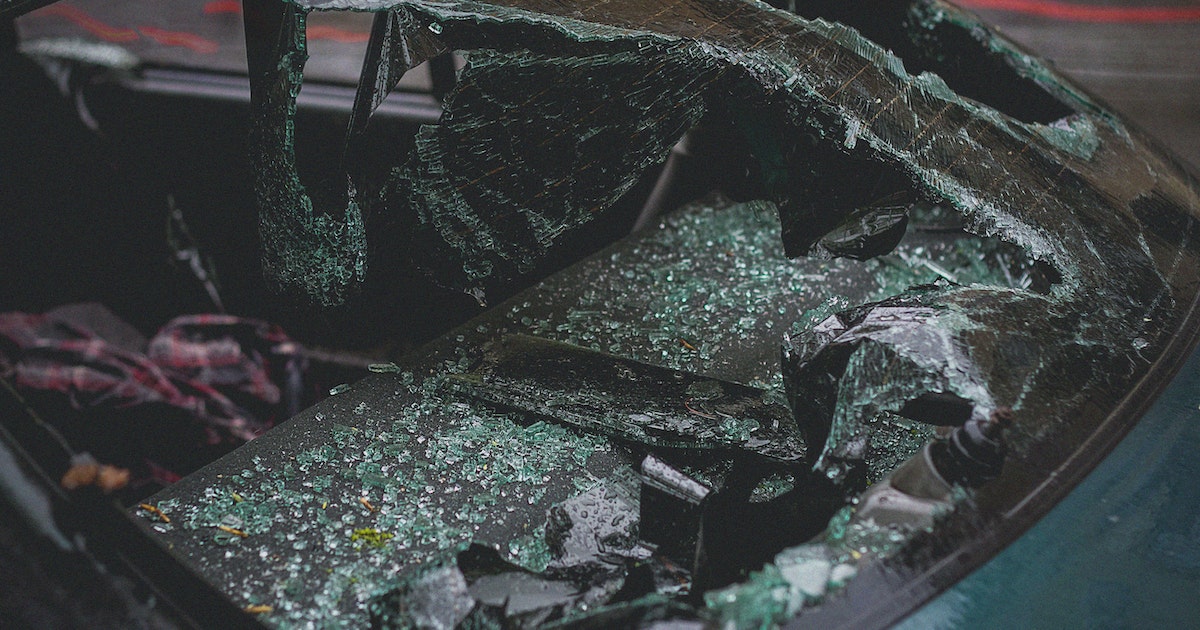Learn About Comprehensive vs. Collision Insurance: What’s the Difference?

An exciting event is the acquisition of a new automobile. A brand-new car is a substantial financial commitment regardless of whether you opt to buy, lease, or finance. It is crucial to have adequate insurance to safeguard your investment against the financial fallout of mishaps and other forms of damage.

While looking for auto insurance, you’re likely to come across two distinct policies: comprehensive and collision. Many motorists might benefit from having these coverages, but states do not mandate them. Read on for more information on the kinds of insurance coverage you might want to think about purchasing.
Exactly what does it mean when someone has comprehensive coverage?
Damage to your vehicle that is not the result of an accident is covered by comprehensive insurance. Theft, vandalism, fire, falling objects, and animal damage are all covered despite not being the result of a collision. While it’s not required by law, if you’re financing or leasing your vehicle, your lender will almost certainly insist that you carry comprehensive coverage.
In 2019, the Insurance Information Institute (III) reported that the average annual cost of comprehensive coverage added to a car insurance policy in the United States was $171.87. Although it may seem pricey, collision and liability insurance are much more costly.
What is collision coverage
Simply put, collision insurance pays for repairs or replacements after an accident with another car or person. Also, if you strike a fence or a tree, your insurance will assist in paying to fix or replace your vehicle. The rollover of a single vehicle is also protected by collision insurance. If you lease or loan your vehicle, collision coverage is typically required in addition to comprehensive.
According to the III, the annual cost of collision insurance for a single motorist is $381.43. It’s something motorists should consider, but be aware that it will raise their monthly payments. But, if your automobile is destroyed or substantially damaged in an accident, collision coverage might save you thousands of dollars or more.
Differentiating between Collision and Comprehensive Insurance
The scope of protection provided by comprehensive and collision policies is distinctly different. Most non-accident-related damage is paid for by comprehensive insurance. Nevertheless, collision insurance will only pay for repairs after an accident has occurred.
To add insult to injury, collision insurance is more costly than comprehensive. These coverages are extras that can be added to your liability insurance for an additional cost and deductible.
In most cases, both comprehensive and collision coverages are obligatory for financed or leased vehicles, while drivers who own their vehicles outright have the option to acquire either. It’s up to the discretion of each individual motorist to decide whether or not they want both types of insurance.


